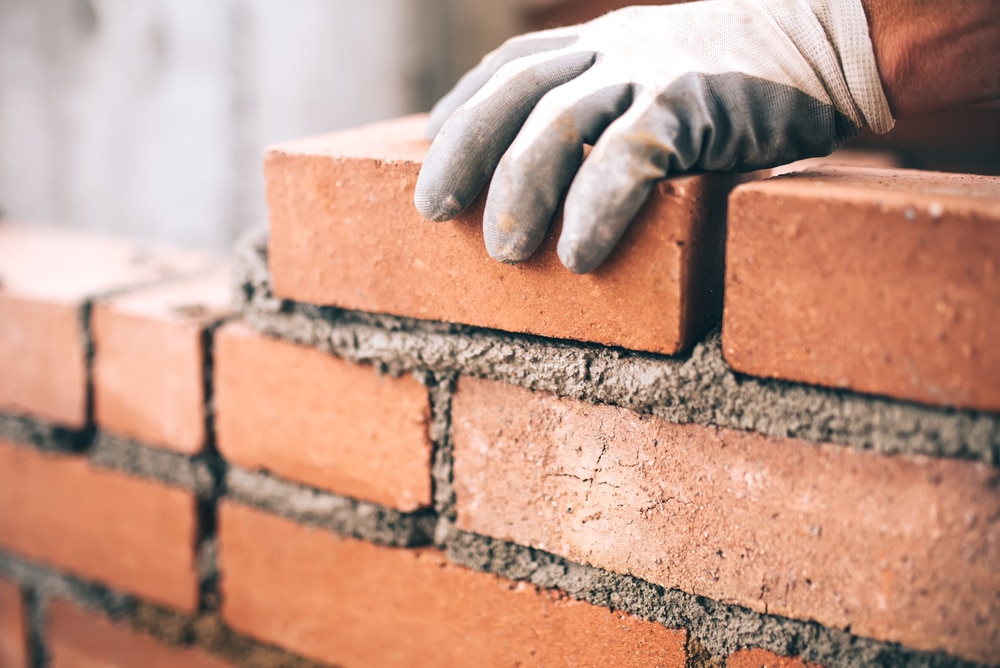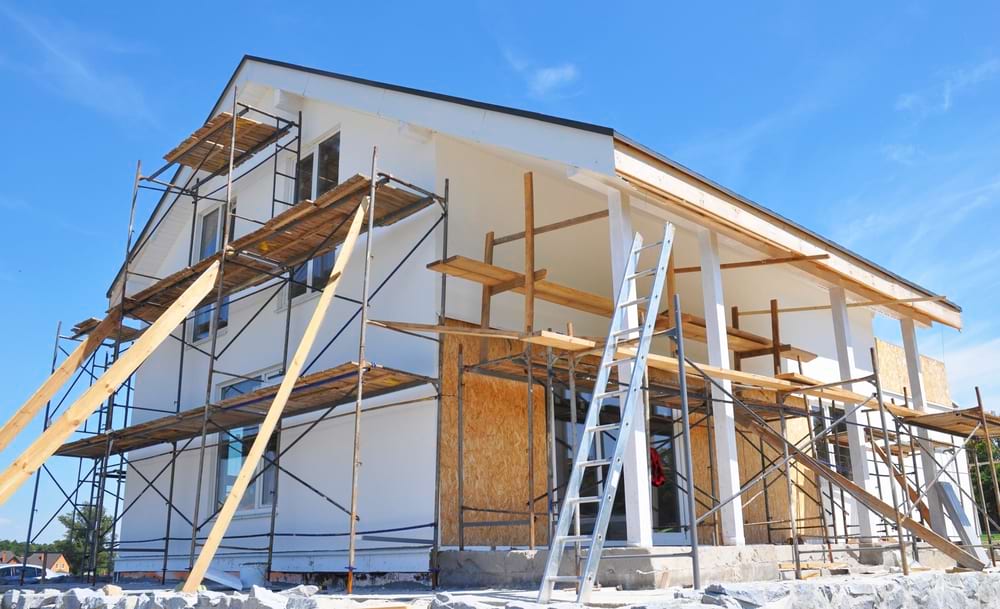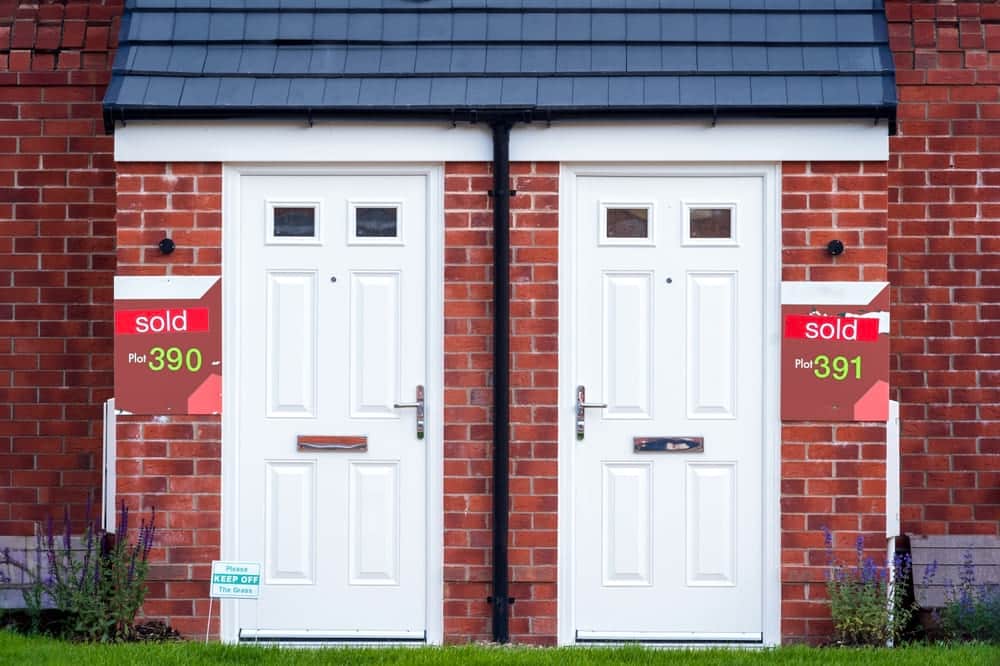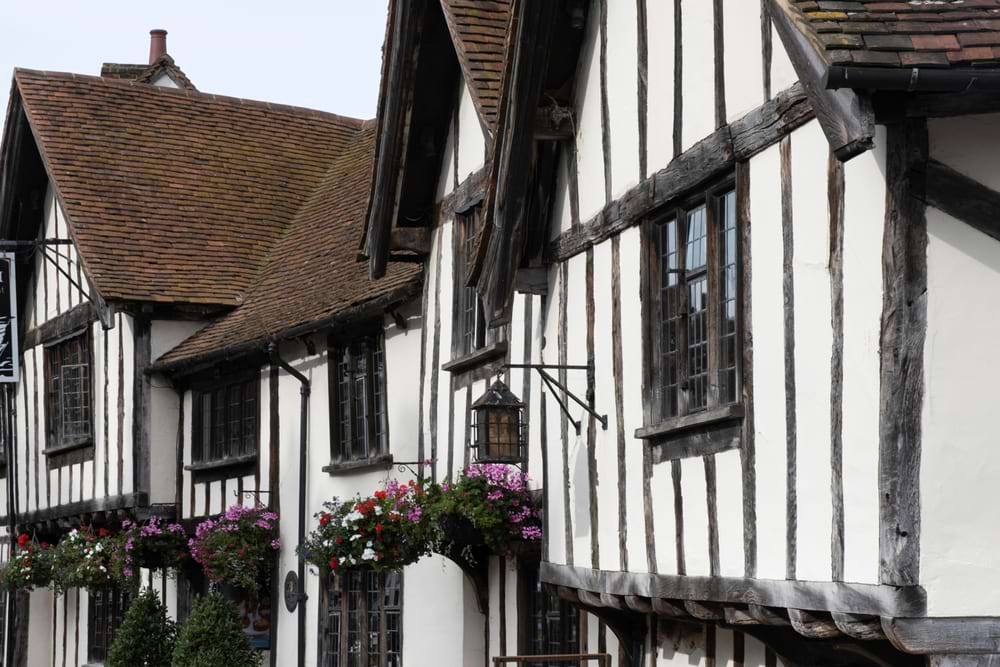Lots of homeowners in the UK are curious to know when their property was built.
This information might is useful for a house sale or insurance.
Or maybe it’s just curiosity!
Whatever your motivation, there are several different methods to get this information.
Read on to find out more.
How can I find out when my house was built?
1. Check HM Land Registry
HM Land Registry keeps records of when most houses were built.
These records tend to be accurate and reliable. You may need to pay to access this information.
Note: HM Land Registry is reliable for the majority of properties. But its information can be poor for period homes.
2. Ask the seller
A second way to find out is by asking the seller of the property (or their estate agent) when you first buy it.
In some cases, the estate agent will have a copy of the land registry documentation. This is part of the paperwork you receive when you buy the house.
The homeowner may have also researched this subject themselves.
3. Contact your local authority
As a third option, you can contact your local authority.
They may have a record of planning permission for the property. This will give you an accurate estimation of when it was built.
They could also tell you when similar homes in your area were built.
4. Ask your neighbours
Finally, you can discover when your house was built by asking neighbours.
They may have researched your street.
Knowing when their properties were built could give you a guideline. This is especially true if they are the same kind property (i.e., the same design and materials).
5. Property type
In some cases, property is clearly of a certain type.
For example, BISF houses are easily recognisable. This allows owners to estimate their age.
The same applies to some types of period properties.
Why is it important to know when a house was built?
There could be several different reasons why you want to know when your house was first built.
After all, there are advantages and disadvantages to older vs. newer properties.
Information on structural modifications
Old houses may require structural modifications to meet modern standards.
For mortgage applications
This information may also be requested by a mortgage lender. Or a potential buyer (who in turn need it for their mortgage lender).
House insurance
House insurers may require this information. This is particularly true of older properties, where repairs are more expensive.
Curiosity
Sometimes, a homeowner is simply curious about the history of their home. After all, detailed information is often available on most products we buy. So, why should houses be an exception?
Is my house too old?
Sometimes, homebuyers are reluctant to purchase a property which they consider ‘too old’.
But is this a valid concern?
Energy efficiency
In some instances, an old property might be less energy efficient.
This can have an impact on the owner’s monthly/yearly bills. If you are struggling to raise enough funds to buy the house in the first place, this may be a deal breaker.
Dated appliances and heating
Older homes may have outdated appliances and heating.
For example, an old home may have an antiquated heating system.
It may need a complete overhaul at a considerable cost. In general, older homes also need more regular maintenance.
Construction methods or materials
On some occasions, the age of your property may cause difficulties when selling it.
Lenders are often reluctant to lend on non-traditional properties.
This is often true with timber frame buildings, which need regular upkeep.
There are pros and cons to buying an older house, compared with a ‘new build’ property. You should complete thorough research before buying.




















